Mobile entrepreneurship is gaining traction. Being able to run a business straight from an RV is more than just a trend; it’s the future. Whether it’s the allure of seeing new places or just escaping the monotony of a traditional office, there’s something magnetic about hitting the road and working remotely.
There are clear, enticing advantages to running a business from an RV. Flexibility is one of the biggest perks. Forget about a fixed schedule or being tied to one location. Also, overhead costs like rent and utilities? Gone. It’s all about minimizing expenses while maximizing experiences. Plus, imagine the endless inspiration you get from constantly changing your scenery.
Hearing about success stories can really light the fire to start your own journey. People like Heath and Alyssa Padgett started their mobile business by interviewing RVers across the U.S. from their RVs. Or take Jason and Nikki Wynn, who documented their thrilling RV lifestyle while managing to build a huge following. These individuals turned their RVs into business hubs and proved that this lifestyle is not just possible but profitable.
Pam and I started our full time RV living journey in 2008. I have always been entrepreneurial when I lived in a house, but I was unsure how I could create and run a business from an RV.
After a few years on the road and work camping in different RV parks, I discovered my fellow RV travelers had many issues trying to enjoy the RV life. After six years of full time life, I felt comfortable enough that I could help people to gain more knowledge about their RVs so they could enjoy safer RV travels and find ways to make the RV life easier.
In 2014, after getting some certifications from the RVIA and the NRVIA, Pam and I launched our RV consulting company, HMRVI Corporation. HMRVI stands for Howard’s Mobile Recreational Vehicle Information Corporation.
HMRVI has been a great success for us! It has allowed us to do many things we imagined back when we were only in our twenties. Of course, I believed we could achieve are dreams. All it took was take action every day to make our dreams come true.
Running a business from an RV beautifully intersects travel, flexibility, and work-life balance. Every new destination offers a fresh perspective, and the freedom to choose where you set up shop each day is unparalleled. If you’re into adventure and wholeheartedly believe in the work-from-anywhere idea, running a business from an RV might be your vehicle to do that.
Setting Up Your RV Business: The Basics
Picking the right RV is a huge first step. Your choice depends on your business needs. If you’re into production or need more space, a larger RV, like a fifth wheel, might be your best bet. A Class B or Class C motorhome offers great efficiency for an easier setup and is focused on ease of travel.
Tech and tools are your next priority. Make sure to invest in reliable internet connectivity. A strong Wi-Fi setup or a mobile hotspot is a lifesaver. Portable solar panels can be an awesome addition to sustainable power on the go. And don’t forget about a comfortable place to sit and work—your back will thank you!
Understanding zoning laws and regulations is crucial. Not every city allows RVs to park wherever you want. Research the zoning laws in areas where you plan to stay to avoid any nasty surprises. These rules can vary not just from state to state but from city to city.
For any business, whether operated out of a home, an office, or an RV, a business plan is suggested. You have to make plans for your business and set goals relative to your plans of operating your business while enjoying RV travel.
When we created HMRVI Corporation, I knew I wanted it to be a corporation because that worked before, but this time, I decided to write a complete business plan using the Small Business Administration.
Using this free online source, I created a complete business plan that allowed me to determine whether my new business was viable and could succeed. The business plan became a living document and guided our business for years.
A great business plan tailored for being mobile is your roadmap to success. Traditional plans will need some tweaking to fit your nomadic RV lifestyle. Focus on elements like marketing strategies for a mobile business and how to manage operational logistics on the road. Keeping things adaptable is the name of the game.
Managing Finances on the Move
Budgeting for running a business from an RV is crucial. Start by tracking every expense while traveling: all costs that are incurred for life on the road. Tools like QuickBooks or Xero can make this easier. Account for variable costs such as fuel, campground fees, and maintenance so you’re not caught off guard.
Accounting tips specific to RV entrepreneurs can save you a lot of headaches. Keep digital copies of all your receipts and use cloud-based accounting software. Automating your finances as much as possible allows you more time to enjoy the road while staying financially organized.
Pam is my CFO (Chief Financial Officer) and manages the finances. She did that in her previous job. She writes her own spreadsheets for tracking business activities, which are used to create our Profit and Loss reports. We would suggest that new RV businesses use QuickBooks for this aspect of running a business from an RV.
Insurance is essential for protecting both your RV and business assets. Look for comprehensive policies that cover not just your vehicle but also your equipment and liability issues. Companies like Progressive and Nationwide offer specialized RV insurance options. You might also consider extended warranties for added peace of mind.
Tax season doesn’t have to be a nightmare. Being on the move offers unique tax-saving opportunities. Home office deductions can often apply to your RV workspace (check with a CPA on your particular situation). Plus, travel expenses related to work can also be deducted. Consulting a tax professional familiar with RV life can help you maximize all your possible tax savings.
Pam and I decided to let a professional set up our business entity and also handle our quarterly taxes as self-employed business owners. We let a CPA do our personal and business taxes. They are best able to maximize the deductions that our business creates.
Networking and Building Clientele
Remote networking needs some creativity. Leveraging social media platforms is a game-changer. Join Facebook groups, LinkedIn communities, and online forums dedicated to your industry. Build real relationships by consistently engaging and offering value to these communities.
Social media isn’t just for staying in touch. Use it to connect with potential clients. Platforms like Instagram and Twitter can showcase your lifestyle and work culture, attracting clients who appreciate your unique approach. Authenticity goes a long way in building trust and rapport.
Virtual and in-person industry events are invaluable. While it’s easy to attend virtual ones from your RV, don’t underestimate the power of face-to-face interactions whenever possible. Check out RV entrepreneur summits and business conferences happening along your route. These events can be hotbeds for networking and finding potential clients.
Building strong client relations from a distance is all about communication. Regular check-ins via video calls, personalized emails, and even the occasional handwritten note can go a long way. Keep your clients in the loop about your travels and how they could benefit them, such as unique insights gathered from different locations.
Overcoming Challenges of RV Entrepreneurship
Connectivity issues can be a real drag. Investing in a reliable mobile hotspot and signal boosters can keep you connected even in remote areas. Planning your travel around locations with solid internet can also help avoid downtime.
Loneliness can creep in when working solo on the road. Combat this by scheduling regular meetups with other RV entrepreneurs or joining coworking spaces in cities you visit. Having a strong online community can also provide much-needed support and camaraderie.
Work-life balance is tricky but achievable. Set boundaries by designating specific work hours and sticking to them. Make time for sightseeing, relaxing, and social activities. Your mental health and productivity will thank you.
Seasonal and locational fluctuations in business can be unpredictable. Diversify your income streams to cushion against slow periods. Offering virtual services or products that aren’t location-dependent can provide steady revenue.
Any business should have a mixture of income sources. Not only does HMRVI make money by consulting with new RVers, but it can also sell products online that Pam and I use and like. The great part is we don’t have to stock them, ship them, or collect payment for them. That is all handled by any company we choose to work with.
We talk about products and services we like, and the companies we work with pay us each time a referral leads to a sale. It’s all handled online, and payments are deposited directly into our business checking account.
You can visit this link to learn more about how you can do the same!
Lastly, staying motivated and productive in a constantly changing environment requires discipline. Create a daily routine, set achievable goals, and reward yourself for meeting them. Keep a journal or use planning apps to track your progress and stay on course.
Future Trends and Growth Opportunities
Imagine running a small business from an RV, and the possibilities are endless. As remote work becomes more mainstream, expect even more tools and technologies designed to accommodate mobile businesses. Innovations like faster mobile internet and enhanced connectivity solutions will make it easier to work from virtually anywhere.
Pam and I rely heavily on our Wi-Fi connectivity. Without access to the Internet, we are operating blindly. We also rely on Wi-Fi connectivity to watch TV. We have some great sources that we can share with you.
Expanding your business through partnerships and collaborations can offer huge growth potential. Team up with other RV entrepreneurs or local businesses in the areas you travel through. Joint ventures and cross-promotions can amplify your reach and bring in new customers who are aligned with your brand values.
How about collaborating with local RV dealerships in the areas you want to travel to? With some training, you can help RV dealerships with servicing and fixing RVs. If you are a do-it-yourself kind of person, this may be a great option! Check out the RV Technical Institute to learn more.
Eco-friendly and sustainable business practices aren’t just good for the planet—they’re appealing to a growing segment of eco-conscious consumers. Invest in renewable energy sources like solar panels for your RV, and minimize waste by adopting sustainable practices in every aspect of your business. Highlighting these efforts can also be a fantastic marketing tool.
Finally, emerging technologies are constantly providing new opportunities to enhance your RV business. Staying updated and open to adopting new technologies will keep your business at the forefront of innovation.
To learn more about us, Click Here.


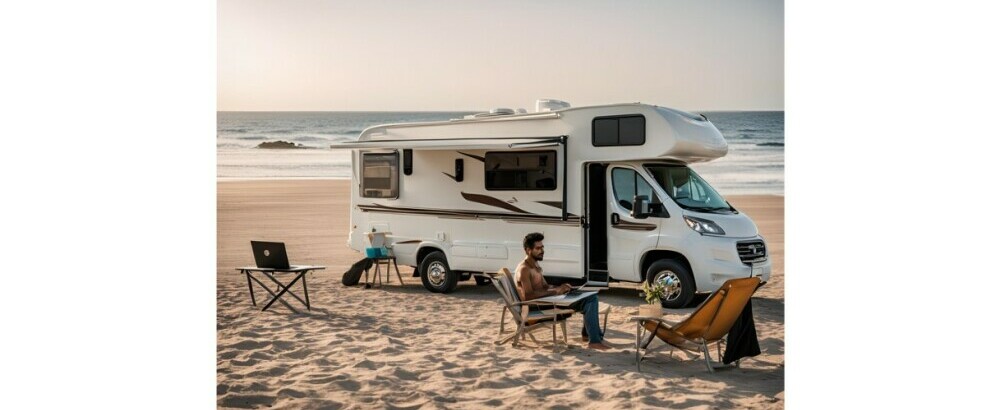



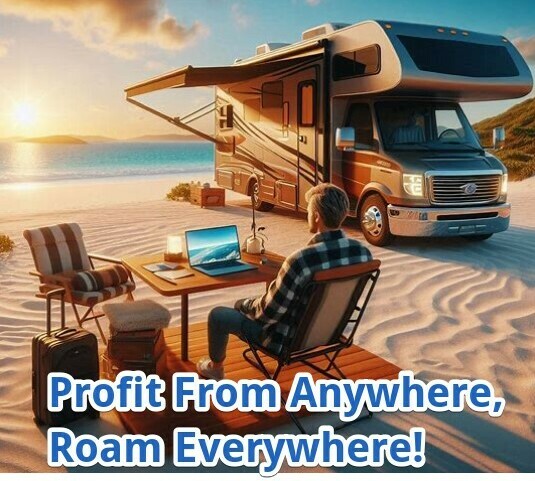
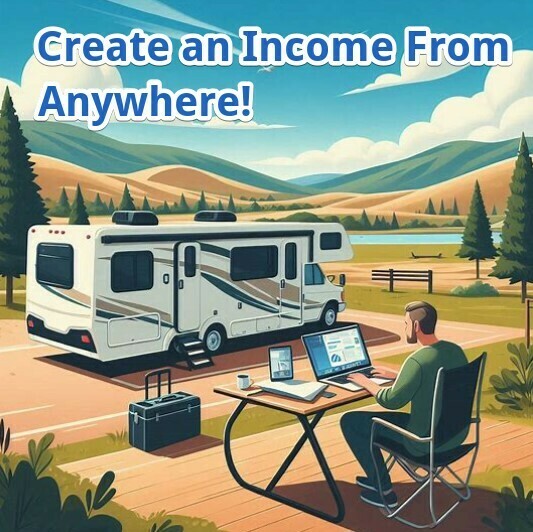

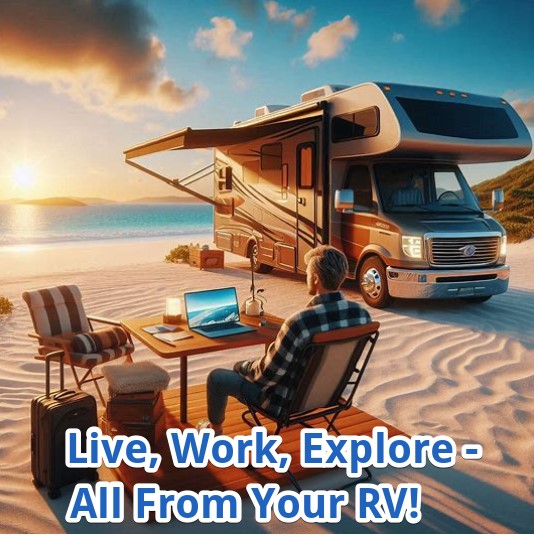
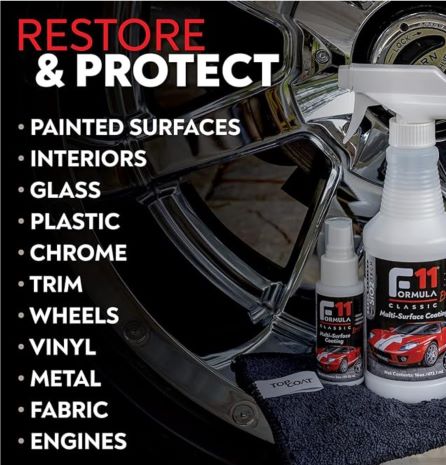
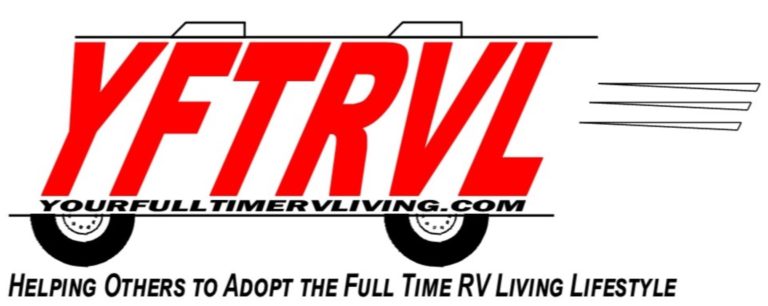



Recent Comments